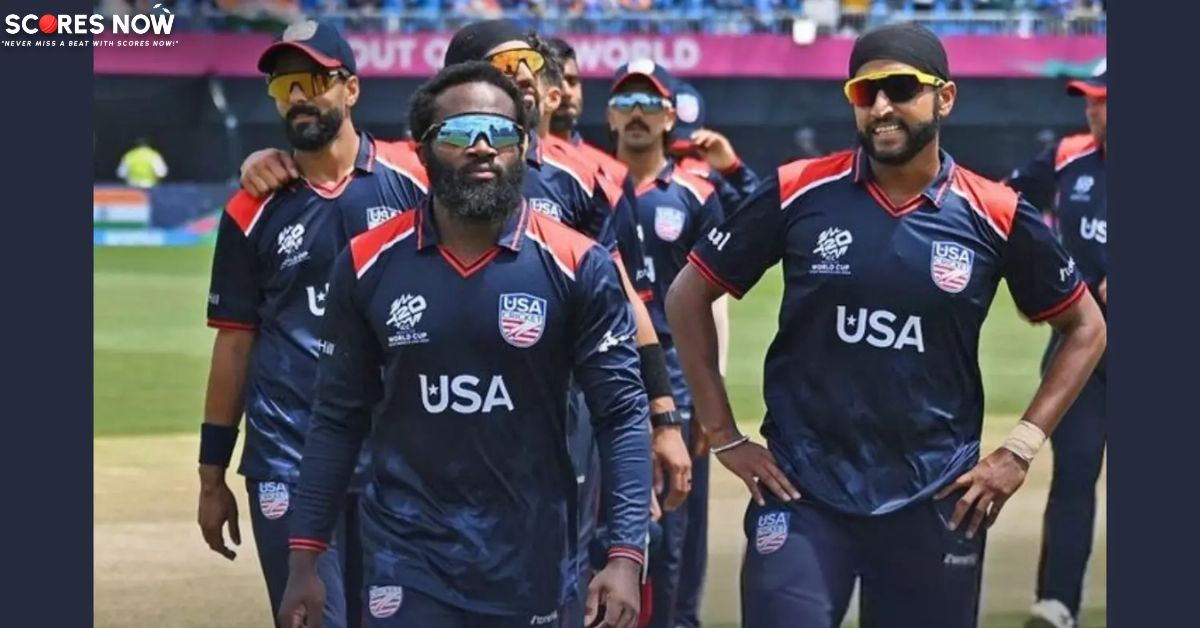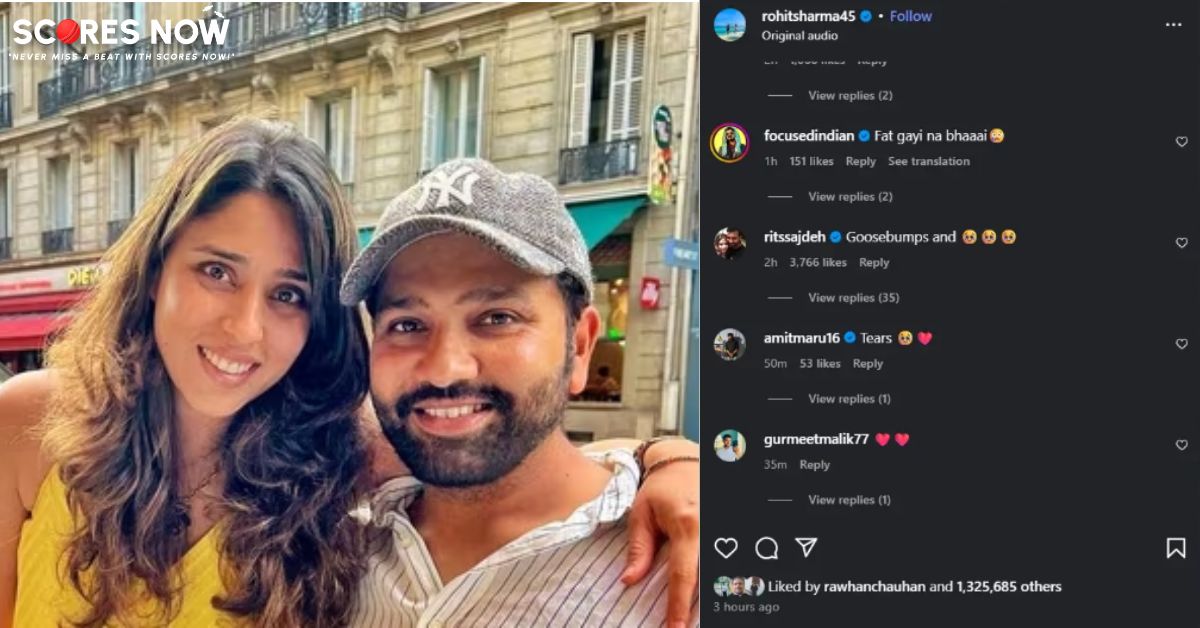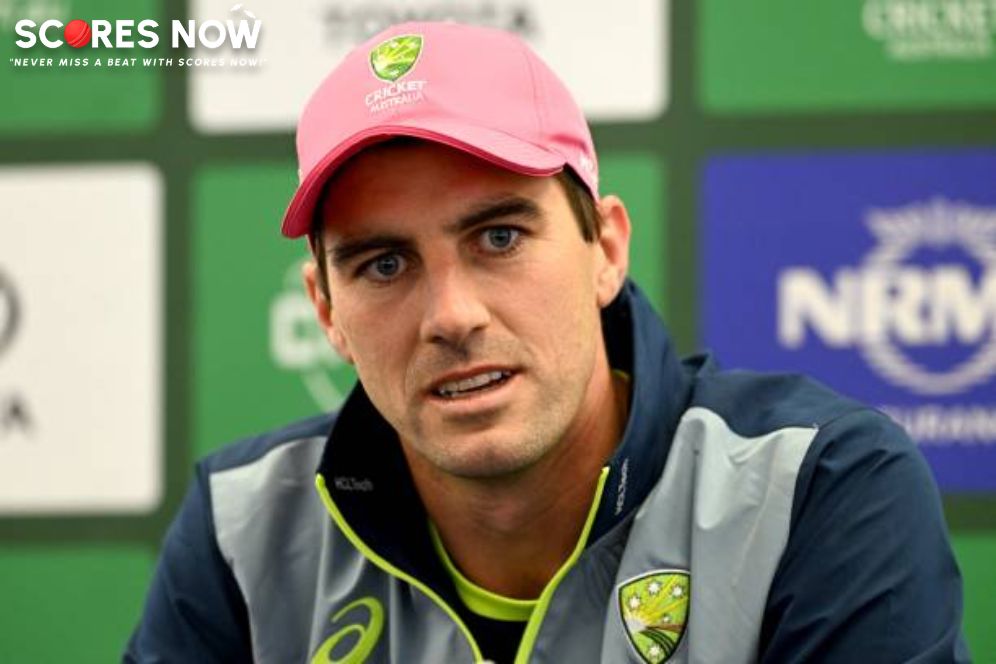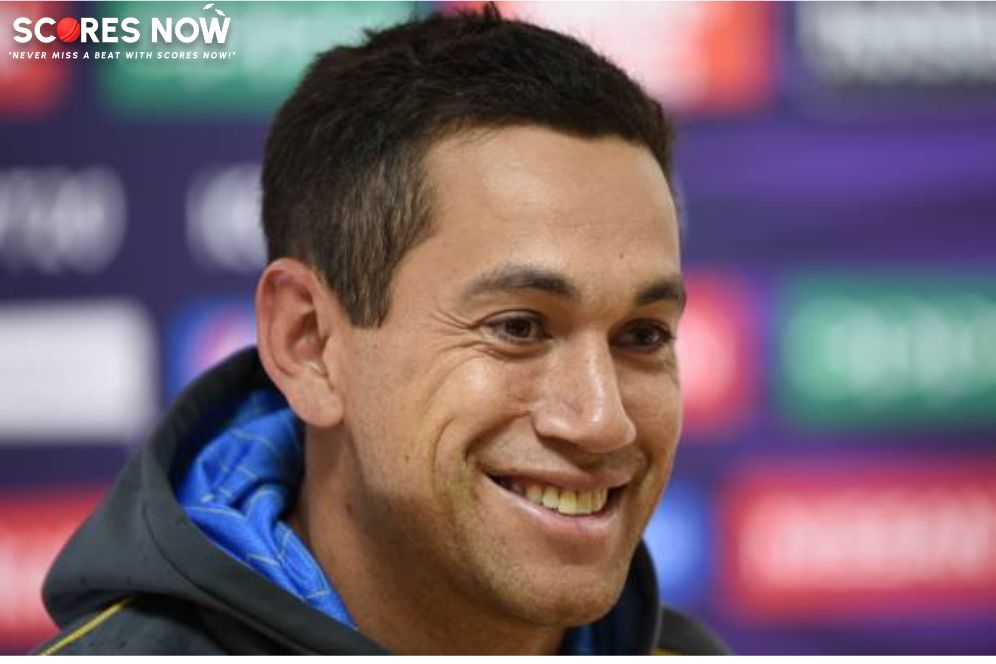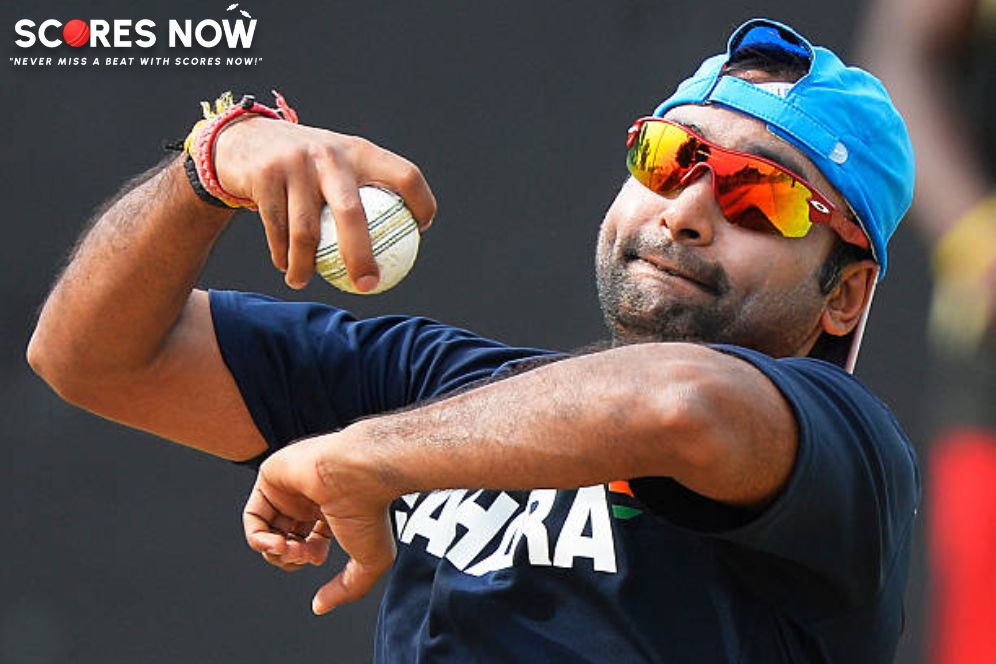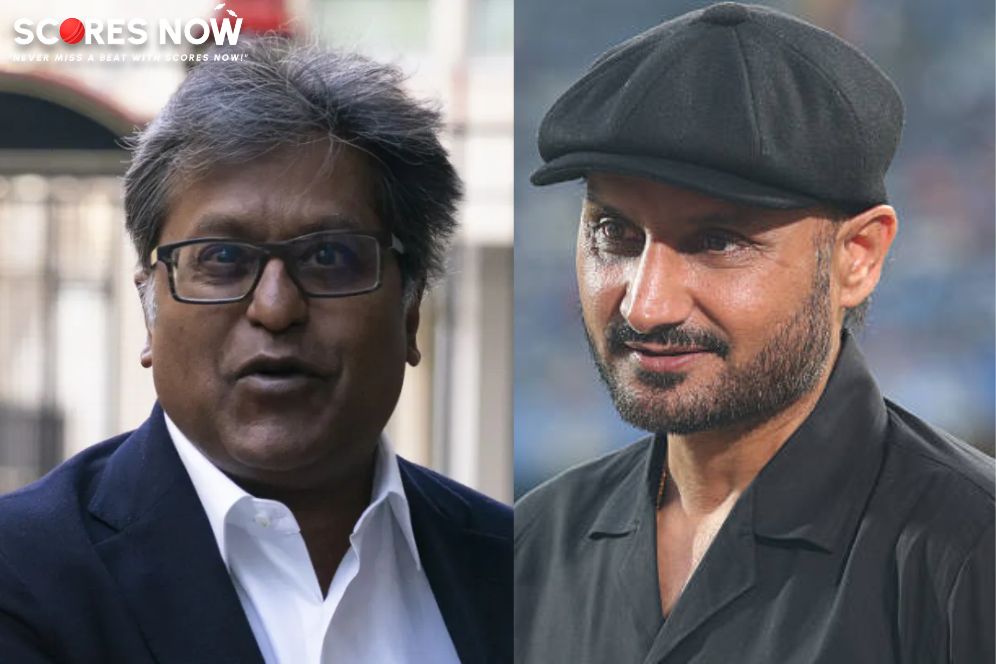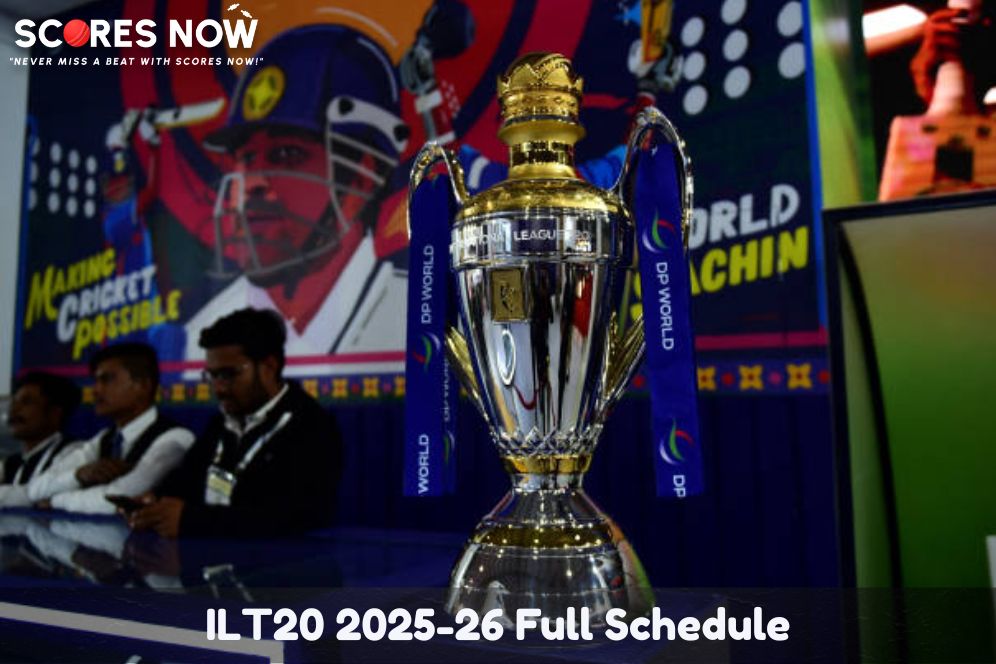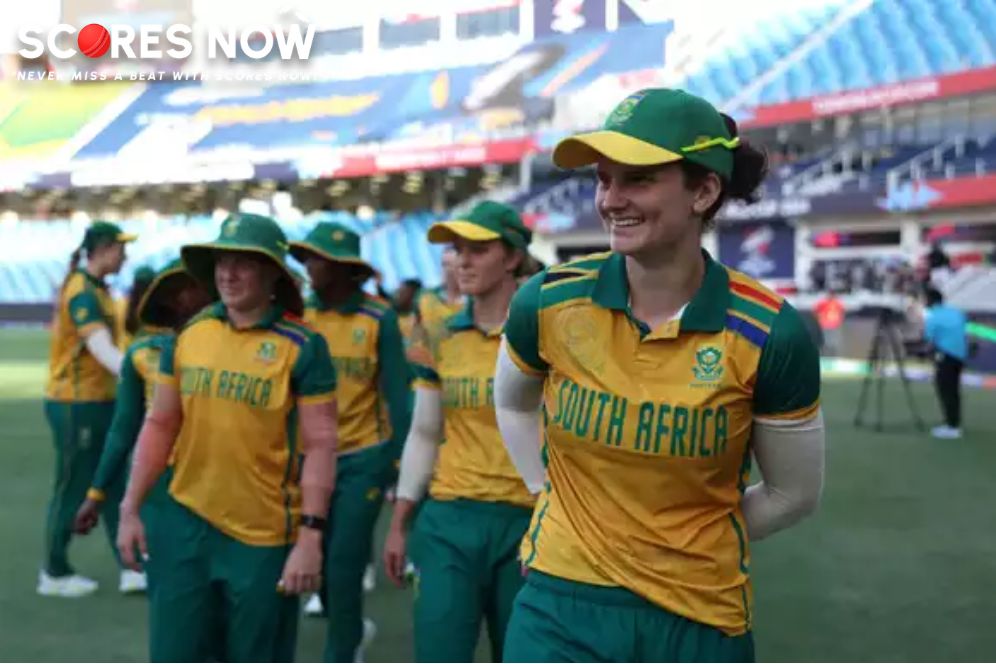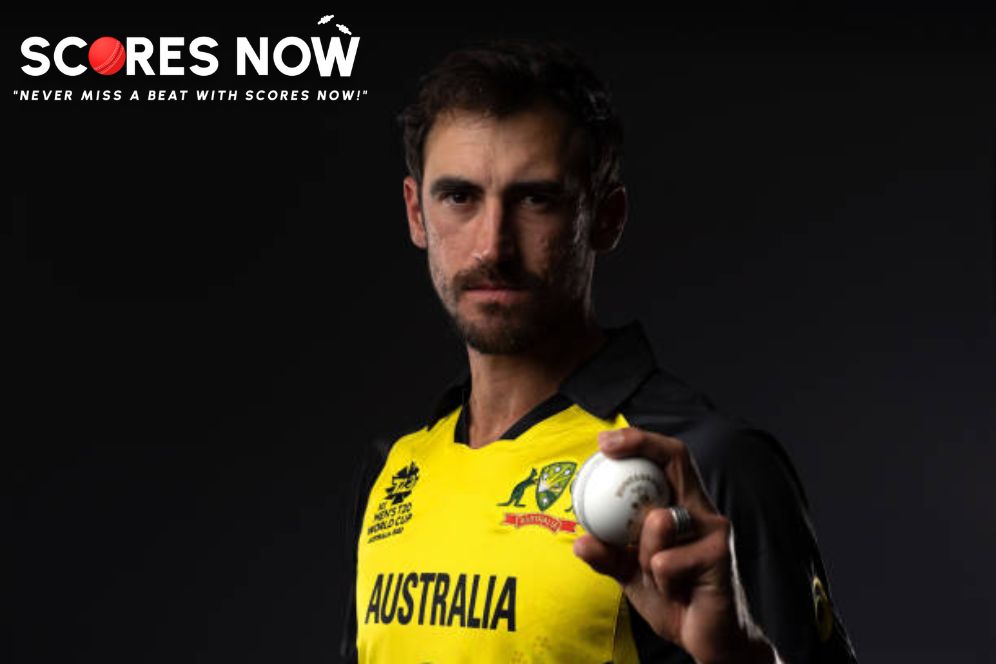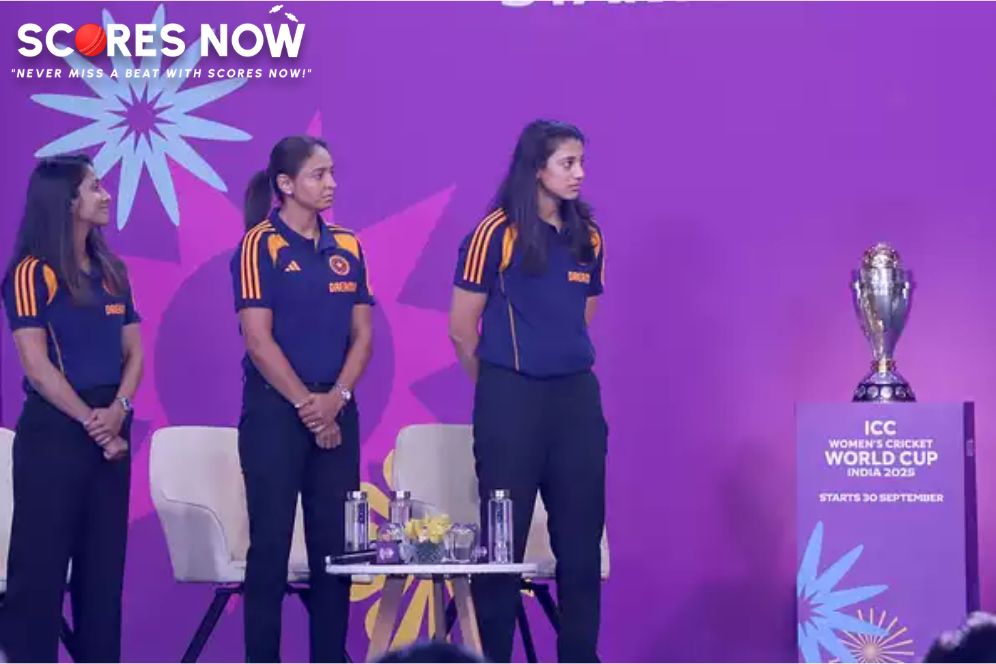How AI is Revolutionizing Speed and Strategy in Formula One

AI in the Fast Lane: How Formula One Teams are Racing to Victory with Artificial Intelligence
At the Canadian Grand Prix, Formula One features a trophy designed by generative AI. However, the significance of artificial intelligence for speed and strategy is constantly increasing, even putting sponsorship and novelty aside.
The numerous software systems are helping cars faster and teams become more competitive, analyzing gigabytes of data to assess simulations and minimize the time it takes to get components to the racetrack.
“The fight we are fighting every day is of hundreds and thousandths of a second,” Peter Bayer, chief executive of Red Bull-owned RB, said at a recent event with software partner Epicor at the team’s Faenza facility.
Fighting for that last thousands or milli-millisecond might really be a little stressful at times for a person.
"To put it in perspective, we race on a track that is 5 or 6 kilometers long, completing the race in seven, eight, nine, or ten thousandths of a second at 350 kph, with a margin of 0.01%."
AI-based software, such as Epicor's, may identify trends in the behavior of rivals, automate tasks to save time and money, and do millions of computations in real time while a race is happening.
Guillaume Dezoteux, head of vehicle performance at RB, stated, "If you don't know what you are doing, because we are testing, you'll spend a lot of resources: carbon fiber, energy, people."
Thus, AI is able to advise you to "look at that" and "don't look at this." It implies that you don't have to execute 100 simulations in a particular situation.
Physical Sensors
To save weight and eliminate the expense of collision damage, it may include swapping out the actual sensors on vehicles during qualifying and competitions with virtual ones.
According to Bayer, "I'm convinced that Formula One will be leading on AI with use cases that nobody is thinking of today."
Every club is subject to a $145 million budget cap, which covers anything that provides a competitive advantage.
By concentrating on their areas of expertise, employees may increase productivity with the use of AI and enterprise resource planning (ERP) software.
"The field is closer than it has ever been with the cost cap. Is AI able to close the gap? RB principal Laurent Mekies, whose squad is now in sixth place, stated, "We think it can."
Mekies claimed it demonstrated that while copying was not the solution, AI may still be useful.
"I'm sure we all gave it a go, but none of us seemed to be successful. This is lovely for our sport," he remarked. Will additional AI be added tomorrow, and will that change? Perhaps.
Why didn't it function? No other team could have understood what they were doing with it if they just had that shape. Will AI assist us with that in the future? Perhaps.
A British silversmith used generative AI throughout the design phase to create the Montreal trophy.


